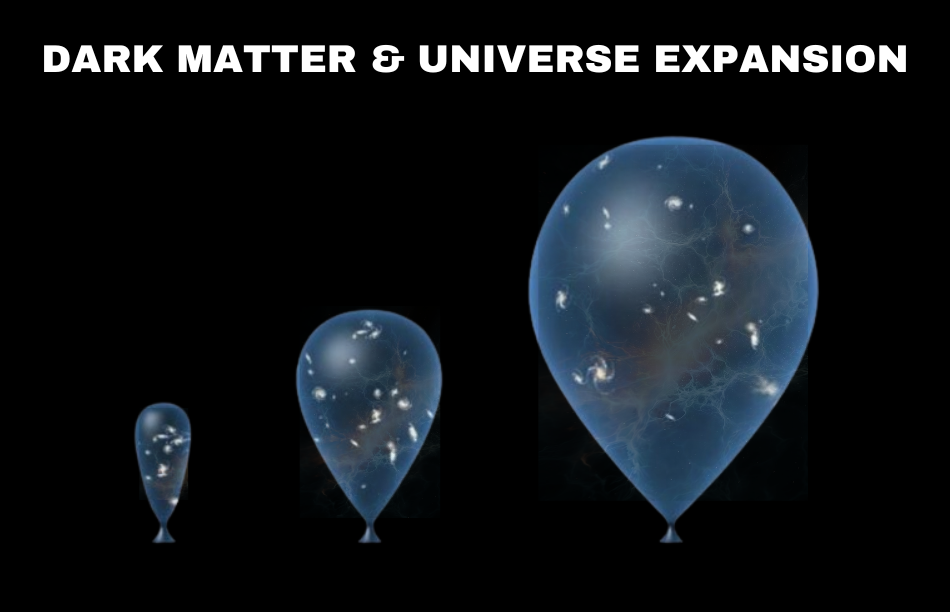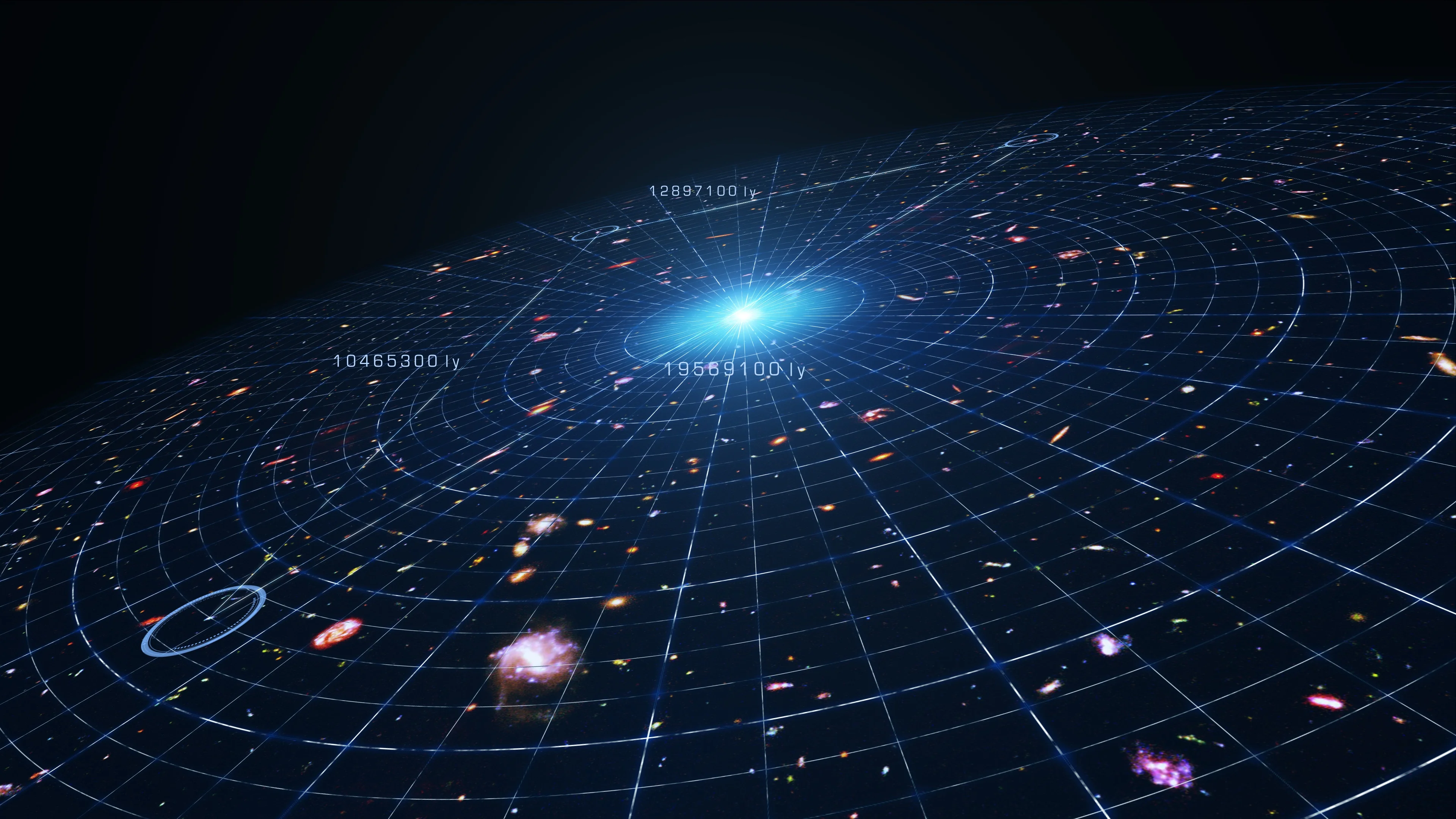The Cosmic Expansion Does Not Affect Our Neighbors
 SPACELIA
SPACELIA
The Cosmic Expansion

The universe is undergoing a large-scale expansion. This is evident in the redshift of distant galaxies, indicating they are moving away from us at a rate proportional to their distance. This phenomenon, described by Hubble's Law, suggests the universe is stretching like an inflating balloon. However, it’s crucial to understand that this expansion occurs at the level of galaxy clusters and superclusters, not within individual galaxies or their groups.
Gravity counteracts this expansion on smaller scales. Galaxy clusters, bound together by the mutual gravitational attraction of their member galaxies, form relatively stable structures. The motion of galaxies within these clusters is primarily influenced by their gravitational interactions, not the overall cosmic expansion.
Dark Matter: The Invisible Architect
Dark matter, a mysterious substance detectable only through its gravitational influence, plays a pivotal role in cosmic structure. This non-baryonic matter constitutes a significant portion of the universe's mass-energy density. Its presence is inferred from its gravitational effects on visible matter, such as the anomalous rotation curves of galaxies and the gravitational lensing of background light.
Dark matter is believed to be distributed in vast, diffuse halos around galaxies and clusters. These halos provide the gravitational potential wells necessary for the formation and stability of these structures. Without dark matter, galaxies and clusters would likely be far less massive and dispersed.
The exact nature of dark matter remains a subject of intense research. Leading theoretical candidates include Weakly Interacting Massive Particles (WIMPs) and axions. Numerous experiments are dedicated to directly or indirectly detecting these particles.
Subscribe to my newsletter
Read articles from SPACELIA directly inside your inbox. Subscribe to the newsletter, and don't miss out.
Written by

SPACELIA
SPACELIA
SPACELIA is a dynamic organization dedicated to space science and exploration. We strive to inspire curiosity and expand knowledge in the fields of astronomy, astrophysics, and cosmology. Through our research, articles, blogs, posts on LinkedIn and many other social platforms and educational content, we provide insightful information about celestial objects, cosmic phenomena, and the latest space discoveries. Our mission is to engage and inspire people about Space and create a community by sharing the wonders of the universe and promoting a deeper understanding of space science.